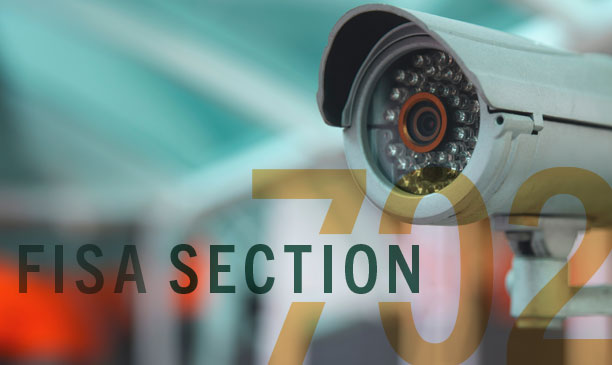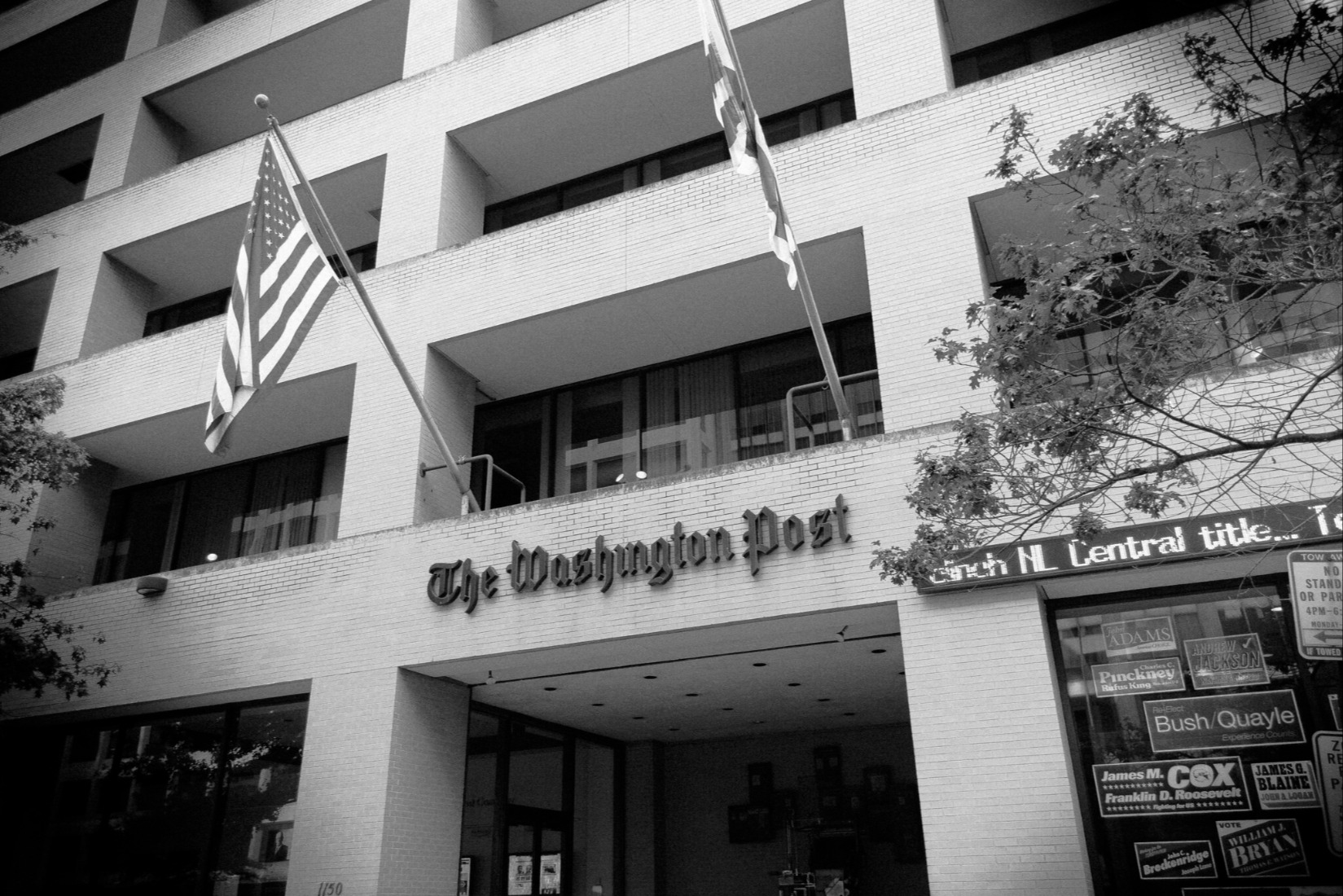Spying on Allies
The emerging controversy about the USG spying on European allies brings to mind the ECHELON controversy a dozen years ago. (FAS has a page that collects information on ECHELON.) ECHELON was a signals intelligence collection program (or programs) by the USG and its anglophile allies. Its means and scope were always uncertain, but it involved large-scale collection, including in Europe. Accordin
The emerging controversy about the USG spying on European allies brings to mind the ECHELON controversy a dozen years ago. (FAS has a page that collects information on ECHELON.) ECHELON was a signals intelligence collection program (or programs) by the USG and its anglophile allies. Its means and scope were always uncertain, but it involved large-scale collection, including in Europe. According to the European Parliament report on the topic, ECHELON had the global capacity “to intercept any telephone, fax, Internet or e-mail message sent by any individual and thus to inspect its contents.” (Patrick Radden Keefe wrote a terrific book on ECHELON.) ECHELON sparked a huge controversy in the years before 9/11. But the controversy petered out, for at least two reasons. First, as the European Parliament report on ECHELON noted, “interception of private communications by foreign intelligence services is by no means confined to the US or British foreign intelligence services.” Rather, as the Report shows, many European nations intercept “communications in foreign countries,” including “civilian communications.” Second, the European Parliament had a hard time finding any European Community law that the ECHELON program violated – in large part because, in its words, “activities and measures undertaken for the purposes of state security or law enforcement do not fall within the scope of the EC Treaty.” (The Report drew more equivocal conclusions about ECHELON’s consistency with the right to privacy in Article 8 of the European Convention on Human Rights.)
The NYT reports that the president of the European Parliament is “deeply worried and shocked” by recent reports of USG spying in Europe. The row over communications intelligence gathering by the United States “could threaten impending talks with Washington on an important trade agreement” with Europe, it adds. “We cannot negotiate over a big trans-Atlantic market if there is the slightest doubt that our partners are carrying out spying activities on the offices of our negotiators,” said the European Union’s commissioner for justice. We’ve seen this play before. To take one of many examples, consider this headline from the London Times on August 4, 1996: “American Spies Hack into Euro Computers to Steal Trade Secrets.” The story adds: “Security officials at the [European] parliament’s Luxembourg offices say they have discovered several recent instances in which its communications system was compromised by American hacking. They have also found evidence that the Americans used information obtained from hacking to help them in negotiations last year on the General Agreement on Tariffs and Trade (GATT).” The Times reported that a member of the European Parliament was “shocked by the disclosure.”
Widespread communications intelligence collection, even of allies, is not new. And as the European Parliament’s ECHELON report noted, it is not only practiced by the United States (although the USG is probably the best at it). “Certain allies . . . that enjoy broad access to US Government agencies and the private sector conduct economic espionage to acquire sensitive US information and technologies,” according to a National Counterintelligence Executive report to Congress a few years ago. The report -- which focused only on economic espionage against the United States, but obviously did not rule out other forms -- added delicately that “some of these states have advanced cyber capabilities.” The “everybody does it” defense may be one reason why this well-known practice is not more controversial. As a terrific and prescient 1999 DOD report on the legality of information operations noted: “The lack of strong international legal sanctions for peacetime espionage may also constitute an implicit application of the international law doctrine called ‘tu quoque’ (roughly, a nation has no standing to complain about a practice in which it itself engages).”
And yet this time may be different. Collection capacities and techniques have grown enormously since the ECHELON controversy, and the laws and norms governing these activities have changed. Moreover, we will likely learn much more official detail about the contemporary signals intelligence capabilities of the USG and other countries than we knew about the program(s) called ECHELON, and that greater detail will bring greater controversy. It is unclear whether or how the “Tu Quoque” principle will operate in this context.
UPDATE: In response to the controversy, Secretary of State Kerry stated: “Every country in the world that is engaged in international affairs of national security undertakes lots of activities to protect its national security and all kinds of information contributes to that. All I know is that is not unusual for lots of nations.”
Jack Goldsmith is the Learned Hand Professor at Harvard Law School, co-founder of Lawfare, and a Non-Resident Senior Fellow at the American Enterprise Institute. Before coming to Harvard, Professor Goldsmith served as Assistant Attorney General, Office of Legal Counsel from 2003-2004, and Special Counsel to the Department of Defense from 2002-2003.





